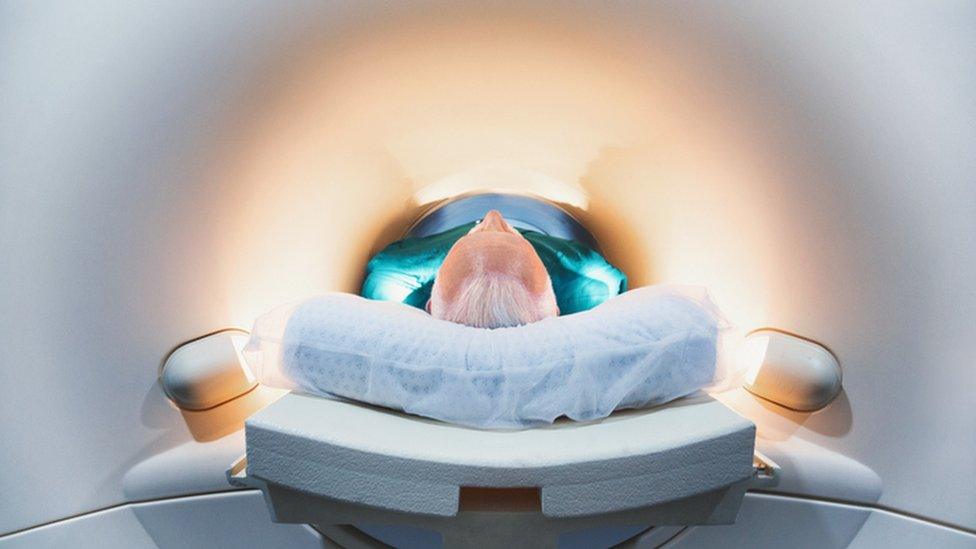Belfast trust in biggest recall ever of NI patients
- Published

A consultant said it was a "daunting" time for everyone
This is the biggest recall ever of patients in Northern Ireland and it is also the most serious.
Among the 2,500 under review are children, some of whom may have been struggling with a wrong diagnosis.
One patient said she felt she was not being taken seriously by the Belfast Health Trust.
Another woman said that she is frightened that she is actually suffering from a serious condition, such as Multiple Sclerosis.

Neurologists treat people with conditions like Parkinson's Disease
Neurology is the treatment of brain conditions including MS, Parkinson's Disease, Stroke and Motor Neurone Disease.
While some of these conditions can be treated, nearly all are life changing.
A consultant who once worked alongside Dr Michael Watt said all of his colleagues were shocked.
He said it was a "daunting" time for everyone, but patient safety must come first.
The Belfast Health Trust has been aware of a potential problem since December 2016.
Did they act quickly enough?
I understand that, within weeks of a GP raising concerns about his patient, some consultants also raised the alarm and urged the trust to carry out its own review.
Within six months, Dr Watt was no longer working with patients. The Belfast Health Trust said he had not seen any patients since June 2017.
However, it has taken a year to get to this stage.
The results of an independent review by the Royal College of Physicians were delivered last week and a decision was made to recall Dr Watt's patients.
The Belfast Trust said the college was positive about the work of its neurology department. However, a more extensive review will be carried out later in the year.

Neurology is the treatment of brain conditions
Questions still remain. Did the trust act quickly enough? Should a consultant be responsible for a case load of 2,500 patients?
In time, the trust's chief executive will be expected to answer questions about the review of patients and, consequently, Dr Watt's future.
The BBC also tried to get answers but, for weeks, requests for information were ignored.
Reviews are necessary to establish facts. But in the meantime, according to patients, they can feel their plight is forgotten.
For many, it has been an anxious time as patients were not told what was going on.
It was also a frustrating time as many could not get appointments or were receiving conflicting messages over a diagnosis.
- Published2 May 2018
